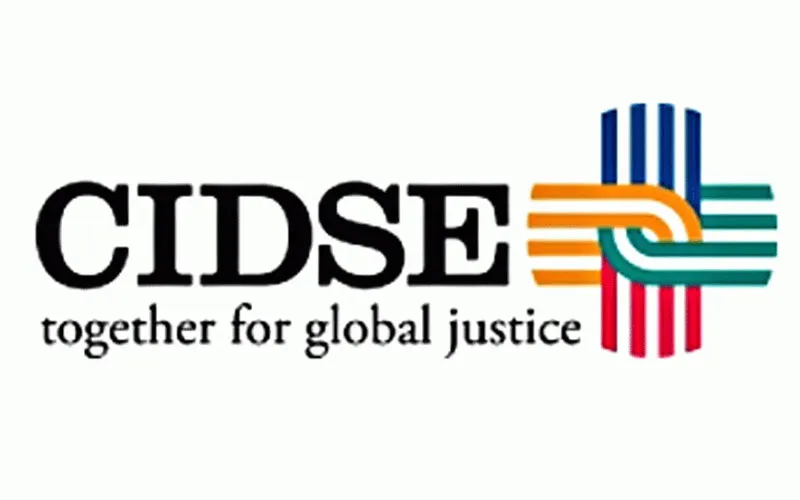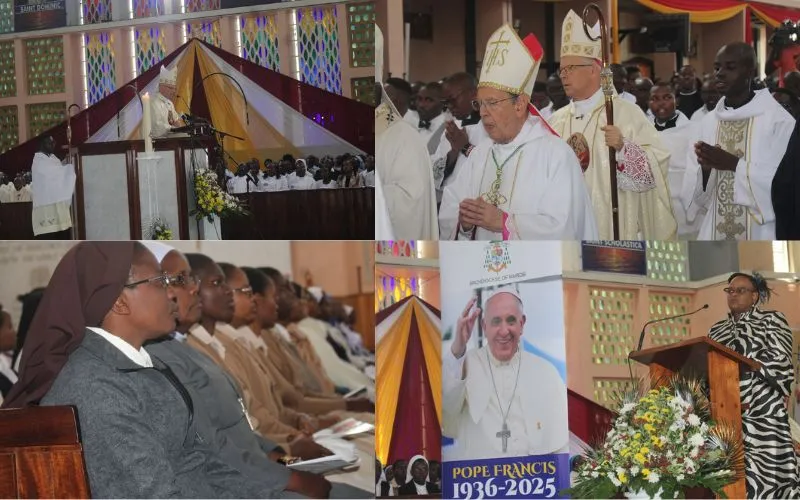Nairobi, 23 February, 2021 / 10:51 pm (ACI Africa).
Ahead of the planned meeting of the Group of twenty (G20) Finance Ministers later this week, the leadership of an international alliance of Catholics development agencies in Europe and North America is calling “for debt cancellation and financial support to poorest countries” that have borne the brunt of the COVID-19 pandemic.
Amid the impact of COVID-19 restrictions, officials of the International Cooperation for Development Solidarity (CIDSE), the umbrella organization for Catholic development agencies in Europe and North America say, in their Tuesday, February 23 statement, “The immediate priority for all countries is to save lives and support livelihoods, and debt cancellation is the quickest way to finance this.”
In their statement shared with ACI Africa, CIDSE leadership further says, “In the long-term, permanent debt restructuring and new finance is needed to rebuild societies and economies that put the needs of the poorest and most vulnerable people first, care for our common home, and tackle the climate crisis.”
G20 is an international forum that brings together governments of 20 of the world’s major economies. The members account for more than 80% of world GDP, 75% of global trade and 60% of the population of the planet.
During the meeting scheduled to take place on Friday, February 26, G20 Finance Ministers and Central Bank Governors are expected to discuss global economic recovery options in the wake of the COVID-19 pandemic.








